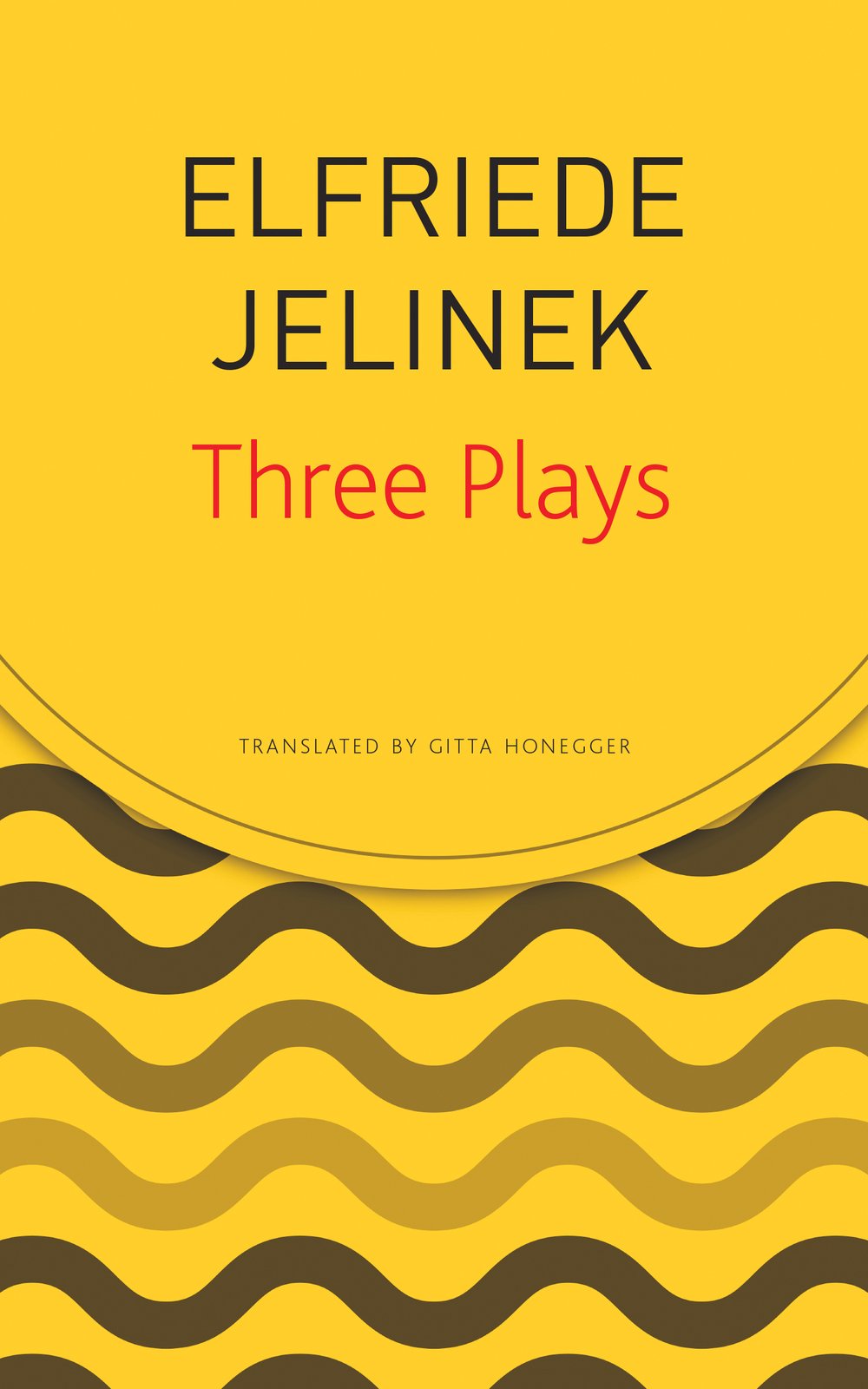Three Plays
Rechnitz, The Merchant's Contracts, Charges (The Supplicants)

Although Elfriede Jelinek is an internationally recognised playwright, her plays are difficult to find in English, which makes this new volume all the more valuable. In Rechnitz, a chorus of messengers reports on the circumstances of the massacre of 180 Jews, an actual event that took place near the Austrian–Hungarian border town of Rechnitz. In The Merchant’s Contracts, Jelinek brings us a comedy of economics, where the babble and media spin of spectators leave small investors alienated and bearing the brunt of the economic crisis. And in Charges (The Supplicants), Jelinek responds to the immeasurable suffering among refugees fleeing death, destruction and political suppression, and asks what refugees want, how we as a society view them, and what political, moral and personal obligations they impose on us.

Elfriede Jelinek was born in 1946 in Mürzzuschlag, Austria, and grew up in Vienna, where she studied music and, later, theatre and art history. Alongside, she began writing poetry and established herself as a leading, if controversial, member of postwar Austria’s first generation of artists who struggled to come to terms with the legacy of the Holocaust. Among her most famous novels are The Piano Teacher (1983), Lust (1989), The Children of the Dead (1995). However, Jelinek considers herself primarily a playwright, and her plays Rechnitz, The Merchant’s Contracts and Charges (The Supplicants) are available from Seagull Books in the volume Three Plays. The translation of her satirical play on Donald Trump, On the Royal Road: The Burgher King, was published by Seagull Books in August 2020, and her play Fury is forthcoming in Gitta Honegger’s translation. Jelinek’s work has been translated into more than 30 languages and she received the Nobel Prize in Literature in 2004 ‘for her musical flow of voices and counter-voices in novels and plays that with extraordinary linguistic zeal reveal the absurdity of society's clichés and their subjugating power’.


